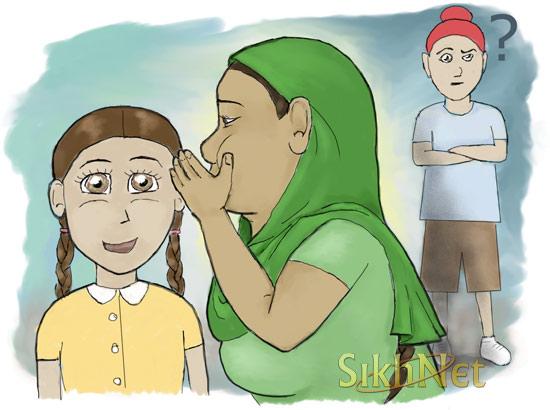Next Journalism:
india literature
Sikhnet's Sikh-Themed Audio Story Script Writing Competition

Call for Book Chapter Proposals: Afro-Asian Experiences in Language Learning
Emerging Powers in Africa Programme's Journalism/Study Tour to India
Call for Submissions for the December 2010 Issue of The Criterion